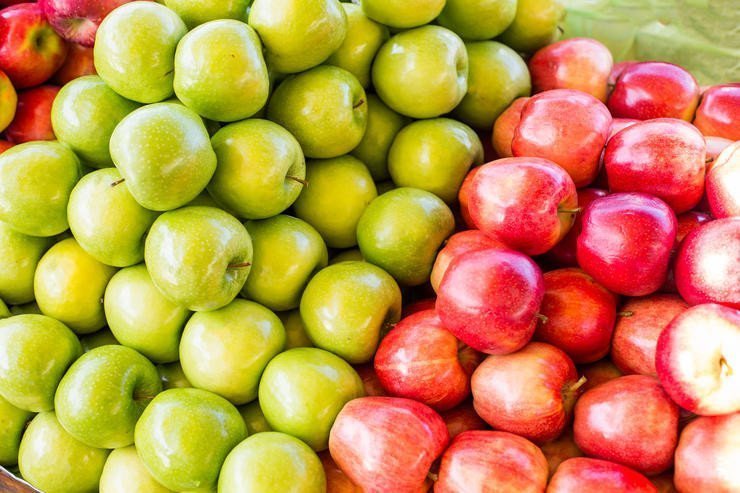Iran’s recent imposition of export duties on apples, effective from March 20, 2024, for a three-month duration, is poised to intensify the already strained global fresh apple market dynamics, EastFruit highlights. This move is anticipated to play into the hands of Southern Hemisphere exporters.
Ahmad Khani Nozari, Deputy Minister of Commercial Development at the Ministry of Agricultural Development, announced that the duty will be pegged at 35% of the export value and will remain active until the conclusion of the 2023 apple harvest season. The high domestic prices and potential scarcity of apples in Iran prompted this decision.
The current season has seen Iran capitalize on elevated global apple prices, boosting its exports by 30% over the previous season. Specifically, from August 2023 through January 2024, Iran exported upwards of 437,000 tons of apples.
The newly introduced duty is likely to precipitate a drastic decline in export volumes, given that Iranian apples are already marketed as affordable. Producers and wholesalers are accustomed to modest returns per kilogram from stored apples. With the new duty, an additional 12-15 US cents per kilogram will be subtracted from the selling price, rendering exports economically unviable, barring those in the premium price range. This scenario assumes global market prices remain stable.
Read also: Southern Hemisphere apple production to grow by 1.1%, while pear crop to decrease by 2.3%
Iran’s status as one of the top four global apple exporters, alongside Italy, China, and Poland, means its market exit could significantly sway fruit pricing. This development spells positive news for countries like Moldova and Ukraine, which still house 2023 harvest apples of exportable quality.
Last year’s primary markets for Iranian apples included Iraq, India, Pakistan, and the UAE. Notably, exports to Turkmenistan and Uzbekistan were substantial, with the latter seeing a nearly 37-fold increase from the previous season.
In light of these changes, Ukraine and Moldova may soon find enhanced opportunities to export apples to Middle Eastern and Central Asian nations.




